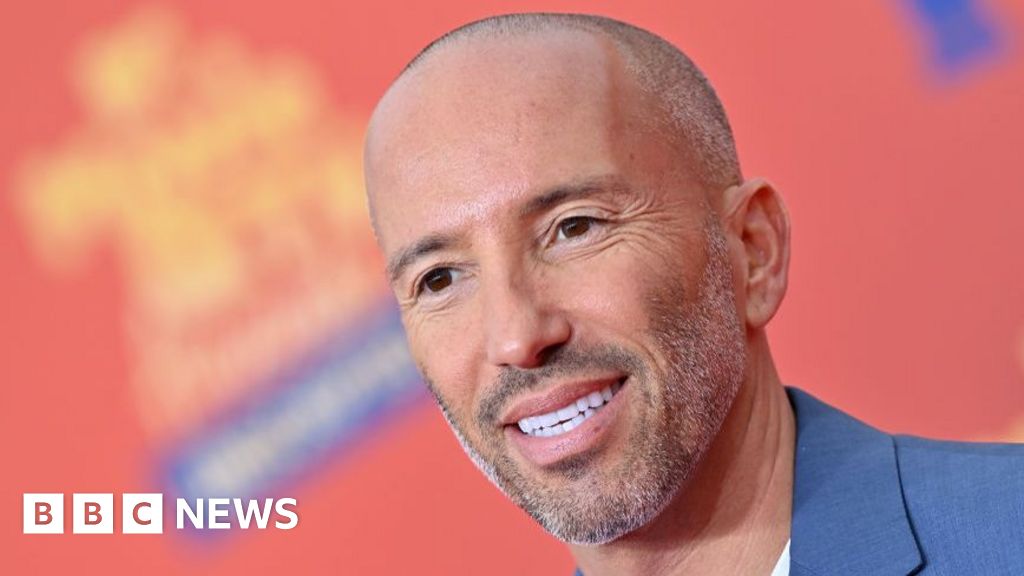ARTICLE AD BOX
By Esyllt Carr
Business reporter, BBC News
image source, Getty Images
"If my landlord asks me to leave, I'll have to go into emergency accommodation", said Sue, who's 61 and owes around £2000 in unpaid rent.
She's one of thousands of renters who fell into arrears during the pandemic, according to the debt charity StepChange.
A poll they carried out with YouGov suggests 10% of private renters are now behind on rent.
The charity estimates they owe on average just under £800 each.
StepChange is calling for emergency support from the government as things like the furlough scheme and the uplift to Universal Credit payments are phased out.
A spokesperson for the Ministry for Housing, Communities and Local Government said that unprecedented action was taken to keep people in their homes during the pandemic - and that it was right, as the economy reopened, for measures to be lifted.
"Extremely stressful"
Sue had recently left her job and was looking for a new one when the pandemic hit. With no furlough pay, she enrolled on Universal Credit while she looked for work. The benefits weren't enough to cover her rent, and as a result she underpaid for months.
"My landlord was initially understanding" she explained, "but when restrictions relaxed I was asked for full rent as well as payments towards my arrears, even though my situation hadn't changed."
Help from her local council means Sue is now back to paying full rent - but with no chance of paying off the debt she's accrued until she finds a job.
"I'm constantly worrying about the prospect of being evicted."
"I've also fallen behind on things like credit card payments so my credit rating is low - it could stop me getting something else."
For Sue, the impact has been significant: "I try not to let it get to me, but there are often nights when I can't sleep. My blood pressure's been up - it's extremely stressful."
Renters hit hard by pandemic
After polling more than 8,600 adults around the UK, StepChange estimates that the debt accrued by renters now stands at around £360m - a figure they say hasn't changed since the beginning of the year.
"Renters have been hit particularly hard by the pandemic - they're likely to be working in sectors where jobs have gone, and less likely to have had the resources to weather the storm in the way others may have been able to do," StepChange's Head of Policy, Peter Tutton told the BBC.
The charity has welcomed the grant schemes recently launched by the Welsh and Scottish Governments to help those who have fallen behind on rent, but say that in England, many renters are facing an uncertain future.
Emergency measures to protect renters were brought in in March last year - including a ban on evictions. This came to an end in England on 31st May, with the notice landlords had to give tenants they wanted to move out reduced from 6 months to 4 months. From next month, they return to what they were before the pandemic - 2 months.
"The pandemic help is now coming to an end, things like the furlough scheme, and the courts are reopening for evictions, so there's a perfect storm of worries", said Mr Tutton, "that's why thousands of people are concerned they're going to lose their home."
image source, Getty Images
StepChange is also calling on the government not to scrap the £20 a week uplift in Universal Credit, to further protect those on low incomes from falling into debt.
Rent debt "crisis"
Calls for emergency support for those in rent arrears are backed by the National Residential Landlords Association. Meera Chindooroy, their Deputy Director of Policy, Campaigns and Public Affairs, described the rent debt issue as a "crisis."
"We know that the majority of landlords have responded flexibly when they've been asked for things like reductions in rent and deferrals in rent payments, but that can't continue indefinitely," she said.
The NRLA want to see a combination of grants and loans for tenants, depending on their circumstances, with Ms Chindooroy adding that she expects the end of furlough and reduction in Universal Credit payments will have a "significant impact" on private renters.
"Our statistics suggest that the amount of arrears that tenants are in is increasing, so it is an issue that will continue unless there is action taken," she said.
A spokesperson for the Ministry of Housing, Communities and Local Government said: "Our £352 billion support package has helped renters throughout the pandemic and prevented a build-up of rent arrears."
"We also took unprecedented action to help keep people in their homes by extending notice periods and pausing evictions at the height of the pandemic," the spokesperson added.
Sue fears she may be waiting a while for her personal economic recovery. "When I get a job I'll be obviously paying extra each month to pay off the debt," she said, but despite months of looking, she's still out of work.
"Until I get a job and I know what I'm earning, and what I can afford, I don't know when it will be paid off."

 3 years ago
91
3 years ago
91








 English (US) ·
English (US) ·